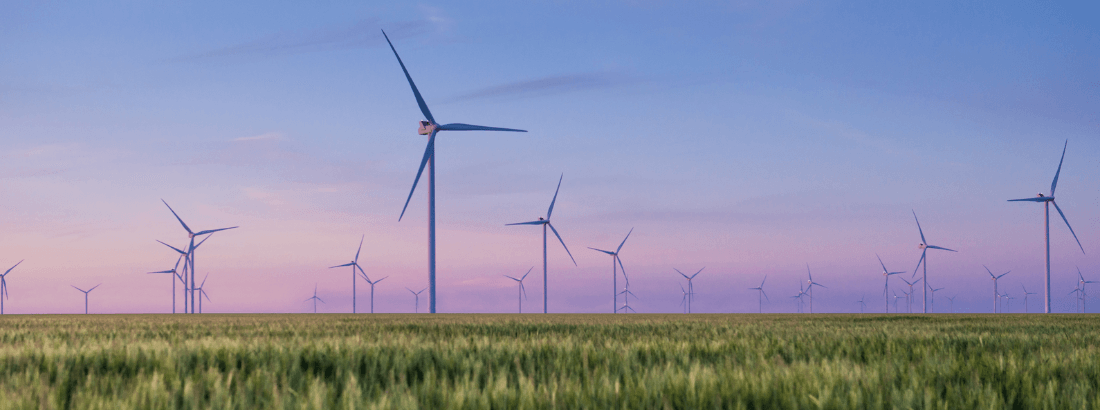Professor
Teis Hansen
Department of Food and Resource Economics
University of Copenhagen
We aim to support a transition to a sustainable European agri-food and land use system that secures food and biomass production, reduces climate impacts, and enhances biodiversity protection. SEAL analyses connections between policies, technology development and adoption, and transition pathways.

Period: 2025 - 2028
Financing Source: Novo Nordisk Foundation
The mission of SEAL is to create capacity for better informed decisions through analyses of relations between policies, and technology development and adoption in different European contexts.
The key assumption is that the transition towards sustainable agri-food and land use systems will for a large part be driven by policies, and we focus on the chain of impact from these policies to transition pathways.
Our analytical approach has four main components:
Public policies shape the transition towards sustainable agri-food and land use systems.
Based on policy document analysis and in-depth qualitative case studies, we map and analyse the ambitiousness of selected agri-food and land use policies across selected EU member states. This includes attention to both policy objectives (what do policies seek to achieve?) and policy instruments (which policy interventions are introduced?).
We analyse national implementation of EU policies focusing on in-depth case studies of policy success, as well as ongoing implementation efforts of recently decided EU policies.
Various types of innovations such as new technologies, services, and practices are crucial to enable the necessary sustainable transformation of the agri-food and land use system.
We aim to enhance capacity for data-driven policy analysis and evidence-based decision-making in the context of agri-food and land use innovation by tracing the evolution of technological trajectories over space and time and linking these to implemented policies.
We also analyse the conditions and mechanisms that contribute to tipping points characterised by significant tempo-shifts in both decline of old technologies and adoption of new solutions.
Transition scenarios provide insights into potential future development trajectories. Assessment of scenarios can be conducted using multiple complementary research angles.
Socio-technical analysis methods consider the feasibility of implementing technologies in the real world, rather than assuming diffusion. This provides a realistic understanding of upscaling possibilities of different technologies in different national contexts.
We combine this perspective with a techno-economic scenario analysis that involves estimating the effects of technological changes on environmental, social, and economic sustainability outcomes.
We map existing work on scenarios related to sustainable agri-food and land use systems, and re-assess these scenarios considering insights from WP1 and WP2 on policies and technologies.
| Name | Title | |
|---|---|---|
| Allan Dahl Andersen | Associate Professor |
|
| Carsten Daugbjerg | Professor |
|
| Emily Christley | Postdoc |
|
| Lærke Godsk Jensbye | Postdoc |
|
| Nina Zoe Valin | Postdoc |
|
| Oliver Bugge Hunt | Postdoc |
|
| Stine Hach Juul Madsen | Postdoc |
|
| Teis Hansen | Professor |
|
| Wusheng Yu | Professor |
|